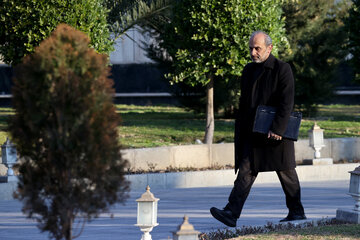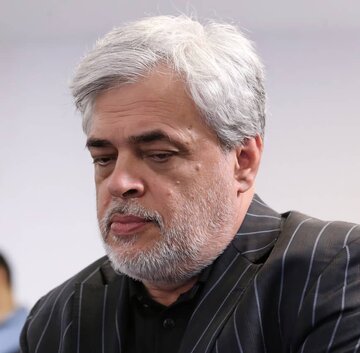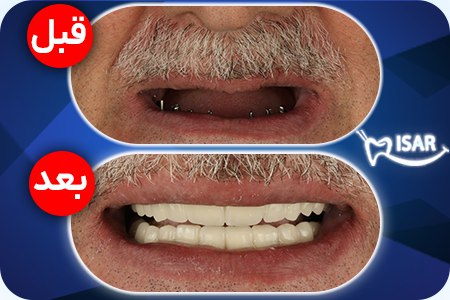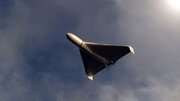As no media had earlier reported that the IAEA inspectors are constantly present in Iran, the head of Iran's Atomic Energy Organization, Ali Akbar Salehi told Khabar Online yesterday that they are both residing in Iran and directly related with the country's nuclear program.
"IAEA inspectors regularly monitor our activities by surveillance cameras and unexpected visits to the plants. Among IAEA inspectors, two of them are not fixed and are replaced twice a month. The others mostly reside in Isfahan," he said.
Referring to the latest report submitted by IAEA chief, Yukiya Amano, Salehi maintained: "Iran's entire nuclear activities are under control. The issue of transparency is not at stake. In terms of inspection, we have no problem with the agency. But there are some observations which have been reportedly made on our nuclear program and attached to IAEA main report."
"The former chief of the agency, Mr. [Mohammad] El Bradei has insisted that the authenticity of those claims cannot be verified. IAEA is authorized to receive both reliable and unreliable information and send them to the states. But it cannot make a decision based on the information which is not reliable and impose them to the countries, unless is confirmed."
However the head of the Atomic Energy Organization said on Monday: "The Islamic Republic has informed the chief of the Vienna-based UN watchdog that the two nuclear inspectors are barred to enter Iran because they have filed a false report about the country's nuclear program and issuing information before the scheduled time for official announcement."
Iran's Foreign Minister Manouchehr Mottaki also said on Tuesday: "This action (banning the inspectors from entering Iran) is in fact a regulatory notice to Amano to be careful so that the agency's inspectors do not violate the international entity's charter."
Although Salehi has reiterated that Tehran's nuclear program is transparent, according to Reuters, IAEA spokesman rejected Iran's reasons for the ban and said he agency fully supported the inspectors which Tehran has accused of reporting wrongly that some nuclear equipment was missing.
"The IAEA has full confidence in the professionalism and impartiality of the inspectors concerned," Greg Webb said in an unusually blunt statement which described the IAEA's report issued last month as "fully accurate".
That was enough for the US Department of State to claim new concerns over the issue: "It is worrisome that Iran has taken this step, which is symptomatic of its longstanding practice of intimidating inspectors," the State Department spokesman P.J. Crowley said. "This will not ... encourage the international community to believe that Iran's program is peaceful in nature."
But the Islamic Republic has asserted that the other inspectors are allowed to monitor its nuclear plants, as Iran's IAEA envoy Ali Asghar Soltanieh told reporters in Vienna: "Inspections are continuing without any interruption."
"Yet, we have to show more vigilance about the performance of the inspectors to protect the confidentiality," he said, criticizing the leaks by inspectors to Western media.
On the other hand, Theodore Karasik of the Institute for Near East and Gulf Military Analysis claimed he believed Iran's expulsion of the inspectors was in retaliation for sanctions.
After the United Nations Security Council on June 9 imposed a fourth round of punitive measures on Iran because of its nuclear activity, in an official statement issued by Iran's Supreme National Security Council, the Islamic Republic called the new UN Security Council resolution "illegal" and said it will take retaliatory measures if Iran's legitimate interests are jeopardized.
Resolution 1929 authorizes the imposition of sanctions on Iran and the inspection of Iranian ships.
It also noted that the sanctions resolution was ratified less than one month after Iran, Turkey, and Brazil signed the Tehran declaration on May 17. According to the declaration, Iran would ship 1200 kilograms of its low-enriched uranium to Turkey to be exchanged for 120 kilograms of 20 percent enriched nuclear fuel rods to power the Tehran research reactor, which produces fuel for medical purposes.
A number of diplomats note that Iran may have responded to the IAEA's report in May alleging some nuclear equipment had gone missing from a Tehran site. The Islamic Republic denied equipment had disappeared from the laboratory and said inspectors had wrongly described the work there.
Ties between Iran and the IAEA have become more strained since Yukiya Amano took over as head of the agency in December. The Japanese diplomat has taken a tougher approach on Iran than his predecessor Mohamed ElBaradei, with the IAEA claiming in a February report that Iran could be trying to develop a nuclear-armed missile now, and not just in the past.
But Soltanieh responded: "We gave documents, pictures, everything which proved this was a mistake."
Iran's IAEA envoy declared: "The Islamic Republic had banned the two IAEA inspectors for an utterly untruthful report. We asked that they would not ever send these two inspectors to Iran and instead assign two others," he added.














نظر شما